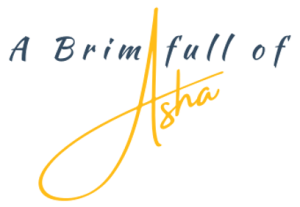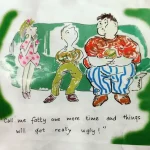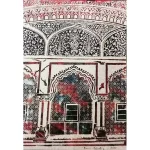


A generation is all the people in a family, group or country born at the same time. Alternatively, the average time that children take to grow up and have children of their own, usually a span of 25-30 years. Would the Covid years be considered part of a generation which had a succession of descendants or progeny who spent three or four years or more being educated in solitary confinement? A psychologist’s nightmare, a parent’s dilemma, an unimaginable situation which is today a reality we are trying to deal with. Similarly, the idea that it may be possible to slow down the ageing process is no longer science fiction – it could actually happen. But will it benefit mankind?
The sociology theory of a generation gap first came to light in the 1960s when the younger generation or baby boomers seemed to like to go against everything their parents had believed in. This included musicals, political opinion and a great emphasis on culture. One of the biggest distinctions between generations according to sociologists is the ‘generation gap’ or ‘institutional age segregation.’
Generations can be distinguished in the differences of their use of language. The gap has created a problem of communicating at home, in the work place and within school. As new generations seek to define themselves as something apart from the old, they adopt new lingo and slang allowing a generation to create a sense of division from the previous one. This is a visible gap of the generations we see every day. As has been stated by Dr. Ramaa Prasad in her book ‘Generation Gap, A Sociological Study of Inter-generational Conflicts’ (1992), “Man’s most important symbol is his language and through this language he defines reality”.





This is nice Aunty Ashi! Is there going to be a Part II? I’m enjoying hearing your thoughts!